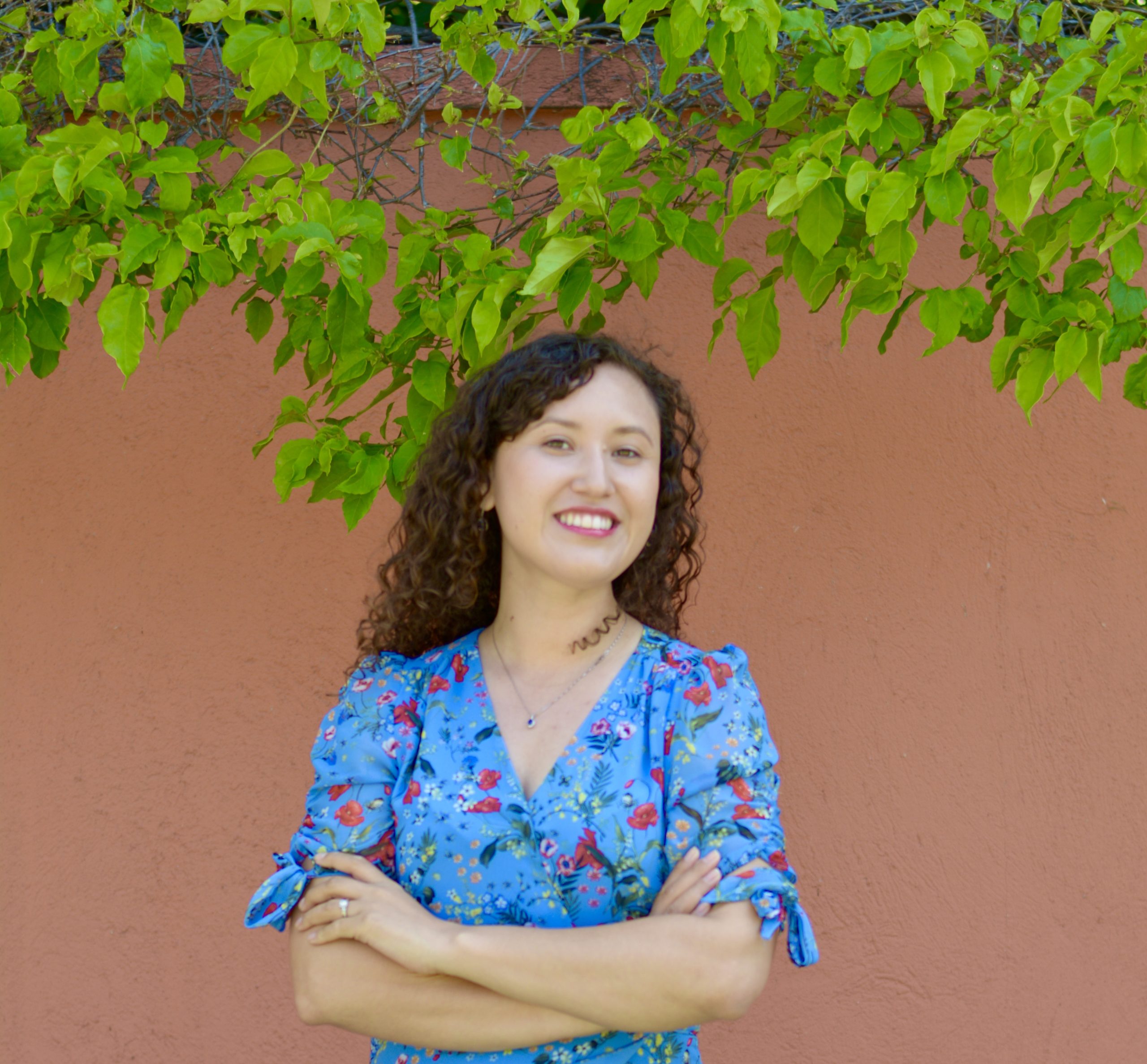Bio
Diane Oliva is a musicologist who engages with history of science, sound studies, and Atlantic history to write transatlantic histories of music and listening in the eighteenth century.
Her doctoral dissertation, “Earthquakes in the Eighteenth-Century Musical Imagination,” examines the sonic repercussions of four earthquakes—Lima in 1746, Lisbon and Boston in 1755, and Santiago de Guatemala in 1773. These four earthquakes altered the landscape of musical practices in their respective epicenters in both subtle and profound ways, and she explores how music shaped and was shaped by experiences and knowledge of these events. Funded in part by a CLIR/Mellon Foundation Fellowship, she has conducted archival research for this project in Guatemala, Peru, Portugal, and Spain.
As a postdoctoral fellow at USC’s Society of Fellows in the Humanities, she was developing her dissertation into a book manuscript, while also beginning preliminary work on a second project tentatively titled “Sonic Mappings: The Nature of Empire in Colonial Guatemala.” This project explores the ways music and listening factored into colonial geographical surveys of Guatemala’s diverse landscapes and indigenous populations.
Her research and teaching interests include global music history, Central American history, Latin American popular music, eighteenth-century music, and music and nature. She received her undergraduate degree in music education from the University of South Carolina and a PhD in historical musicology from Harvard University.

